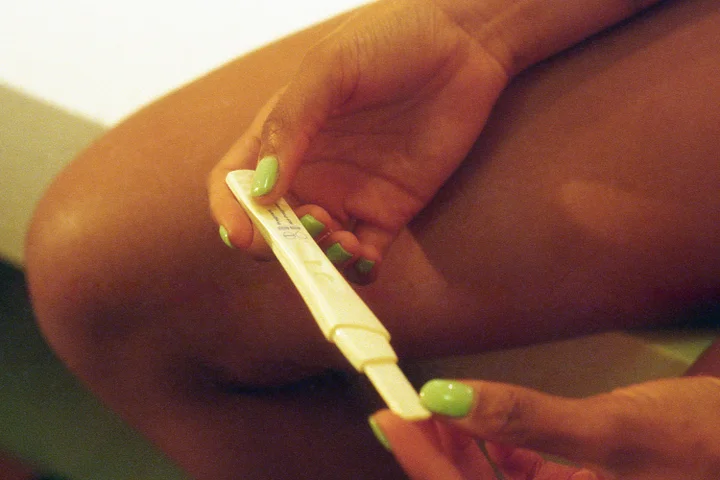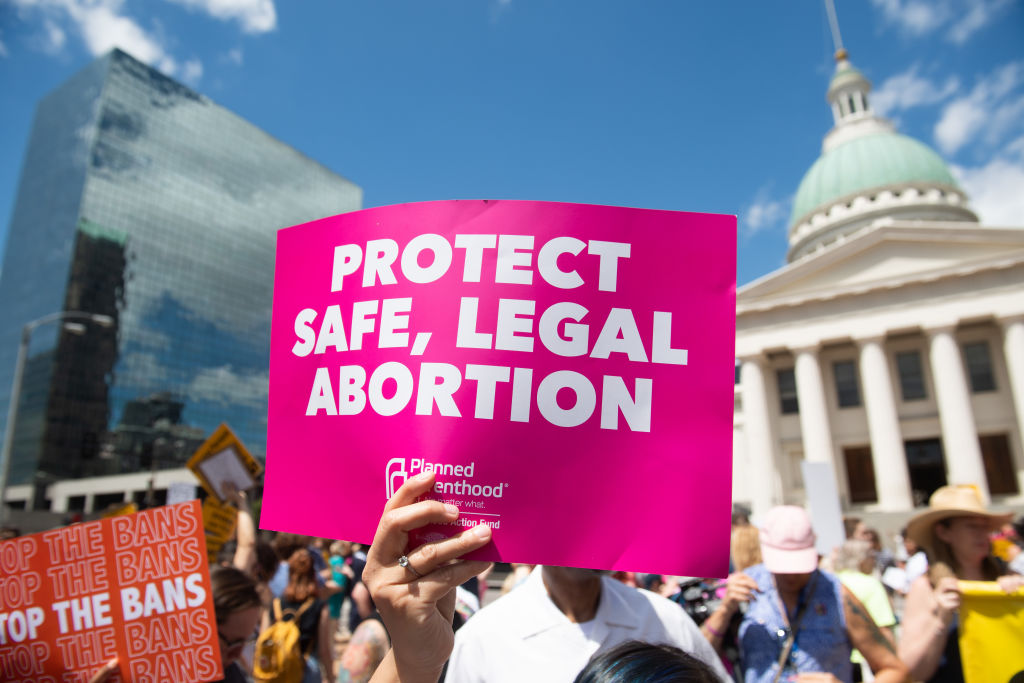Marking a significant regression in the abortion rights of women across the country, the government has scrapped its ‘pills by post’ scheme, which has been celebrated as a game changing move that made terminating unwanted pregnancies safer and more accessible.
Throughout the duration of Covid-19, attitudes towards the ever-contentious pro-choice/pro-life debate have shifted significantly across the globe.
With the movement to secure women’s rights to abortion in flux (regardless of the monumental gains that have been made in recent years) the pandemic presented a pivotal moment to discuss prevailing stigma around the practice.
In Latin America, Argentina became the first major country in the region to legalise such procedures, followed swiftly by Mexico and Colombia.
And in Africa, the Beninese parliament approved a ground-breaking law helping to facilitate the termination of unwanted pregnancies – a rarity for the continent and a decision that went against substantial opposition from the Catholic Church.
However in England, a nation that continues to fail women with its polarising gender health gap yet one with far fewer members of its society who identify with the conservative values its non-Western counterparts are renowned for, things are unexpectedly moving backwards.

The ‘pills by post’ scheme
With abortion considerably less accessible in isolation, two years of relative confinement was only ever going to widen existing disparities in the essential medical service’s availability.
In 2019, findings from ONS revealed that more than 25 per cent of conceptions in England had ended in termination, an increase of almost a third over the past decade.
This proved that regardless of diminishing views on whether the practice should be permitted, action would be necessary to ensure the wellbeing of some 210,000 women and counting.
Fortunately, the start of the pandemic did see this come to light, with the introduction of a service titled ‘pills by post’ whereby people in the early stages of pregnancy – up to 10 weeks – were allowed to have mifepristone and misoprostol delivered to straight their door.
Under the scheme, they could carry out their abortion safely and legally at home (after a telephone or e-consultation with a doctor), without needing to attend a clinic.

Achieved through emergency Coronavirus legislation which was able to override the 1967 Abortion Act, it drastically decreased wait times to 48 hours and was met with close to 100 per cent satisfaction from clients as a result.
Not to mention its accessibility benefits, which made an enormous difference to those with debilitating mental health conditions or childcare responsibilities, key workers, and anyone on a zero-hour contract for whom it can be challenging to take time out to attend multiple appointments.
‘The relief I felt when I knew that I didn’t need to go into a clinic or sit in a doctor’s office was indescribable,’ one of the scheme’s 2000-a-week participants told Dazed. ‘I suffer with anxiety anyway, so to know I could go through something so intense and potentially traumatic in the comfort of my own home and space really made me feel at ease.’
The move, experts from the British Pregnancy Advisory Service (BPAS) and the Royal College of Obstetricians and Gynaecologists (RCOG) unanimously agreed, was a game-changer in that it demonstrated what modern abortion policy looks like and how successful it can be.
So, why on Earth is it being scrapped?




















